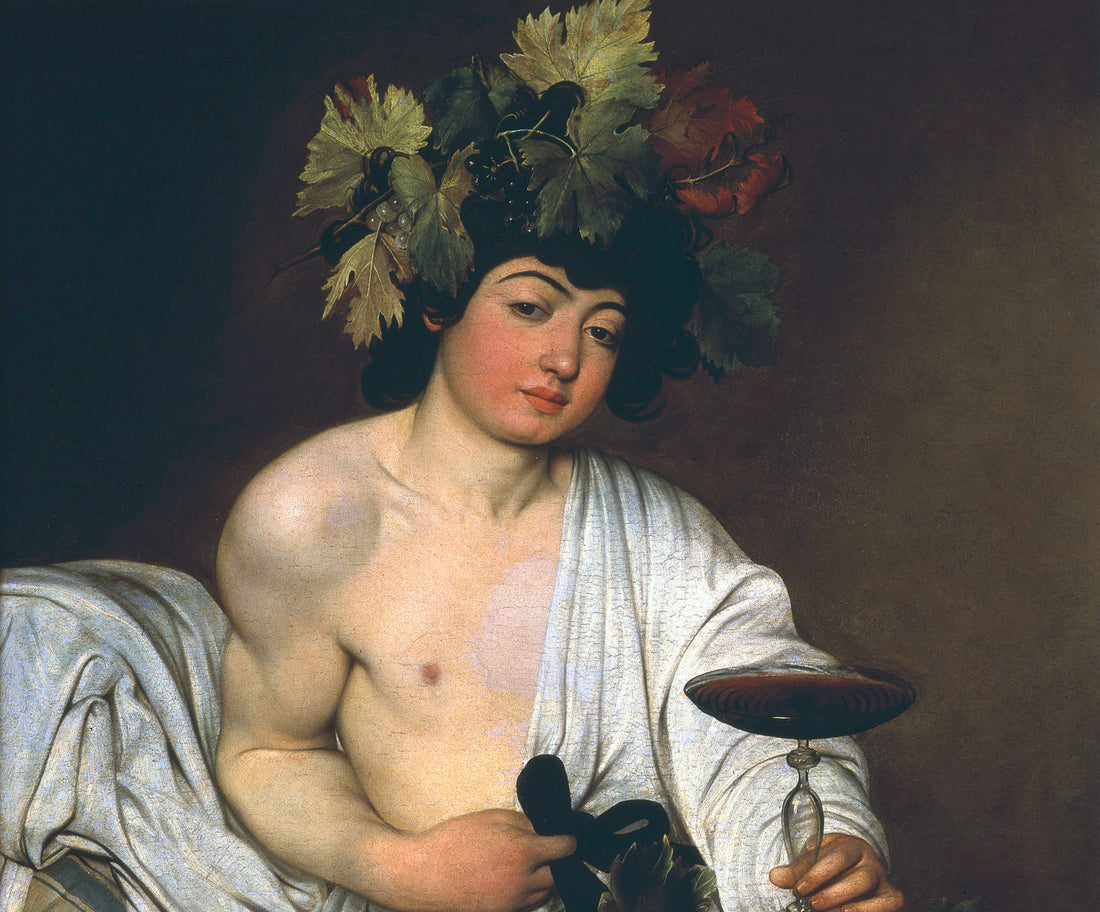Several times a month, as the sun set on Ancient Rome, a secret group would gather.
Men and women from across the city would move silently through dark streets, leaving Rome’s walls behind for a hidden destination in the countryside. Once everyone arrived, the festivities began. Members broke out amphorae — enormous terracotta pots filled to the brim with strong Roman wine. Bowls were poured, chants were started, and partygoers began to dance. Guests feasted on enormous tables of food, overflowing with meats, whole fish, cheeses, rustic breads, and olive oil.
Actors got together and staged impromptu dramas, encouraging fellow Romans to enjoy themselves and drawing raucous applause. Drums played to a steady beat, ensnaring the senses, their notes mingling with the heavy wine and drifting off into the cool night air. And as the moon approached its apex, the festival would reach a fever pitch. Guests shed their clothes and inhibitions, offering up their bodies in vibrant dance to Bacchus, the Roman god of wine.
Bacchus lives on in wine: encouraging people to open up to their neighbors, free themselves from self-consciousness, and enjoy, if only for a few hours, the most divine parts of life.
The Ancient Romans viewed wine as a divine gift. They believed that Bacchus sent it down from the heavens to spread joy, easing people’s suffering and allowing them to commune, for a few precious hours, with the gods themselves.
Bacchus was more than just the god of wine. He was the god of the harvest, caring for orchards and ensuring a bountiful crop each year. He was the god of theatre, encouraging open expression through drama. And, perhaps most famously, Bacchus was the god of intoxication, freedom, ecstasy, and fertility. Romans worshipped him by throwing Bacchanalia — joyous festivals that celebrated freedom from insecurity, emotional expression, and, of course, the beautiful buzz of wine.
Bacchanalia were held in secret, out in the countryside under the cover of darkness, and would often last until the sun came up. Their goal was to induce bakcheia, a sort of madness meant to free you from your normal self through ecstasy and wine.
It was said that Bacchus wandered through the world as a sensuous, almost naked young man, teaching people how to make wine and showing them the joy it could bring. Farmers who received a visit from Bacchus were seen as blessed, and could be sure of a bountiful grape harvest and especially strong wine. Not surprisingly, Bacchus and his Bacchanalia were enormously popular with the citizens of Rome. The average Roman drank nearly 100 gallons of wine every year.
Bacchanalia were meant to be secret, but as word got out, they began to grow larger and larger. Their infamy eventually reached the Roman Senate, and in 186 B.C., the Senate passed the Senatus consultum de Bacchanalibus, threatening to jail anyone caught celebrating Bacchanalia. With Bacchanalia made illegal, worship of Bacchus began to decline across the general population. However, farmers and winemakers continued to pray to him for a good harvest. Bacchus remained a prominent character in Roman mythology, and ancient paintings of him exist to this day. He was even immortalized in a statue by Michelangelo, nearly a thousand years after the fall of Rome.
Today, Bacchus and his Bacchanalia are rare, though they’re still celebrated in a few select places. In New Orleans, the Bacchus Parade has rolled in Mardi Gras since 1968. But all across the world, the spirit of Bacchus lives on in wine: encouraging people to open up to their neighbors, free themselves from self-consciousness, and enjoy, if only for a few hours, the most divine parts of life.

